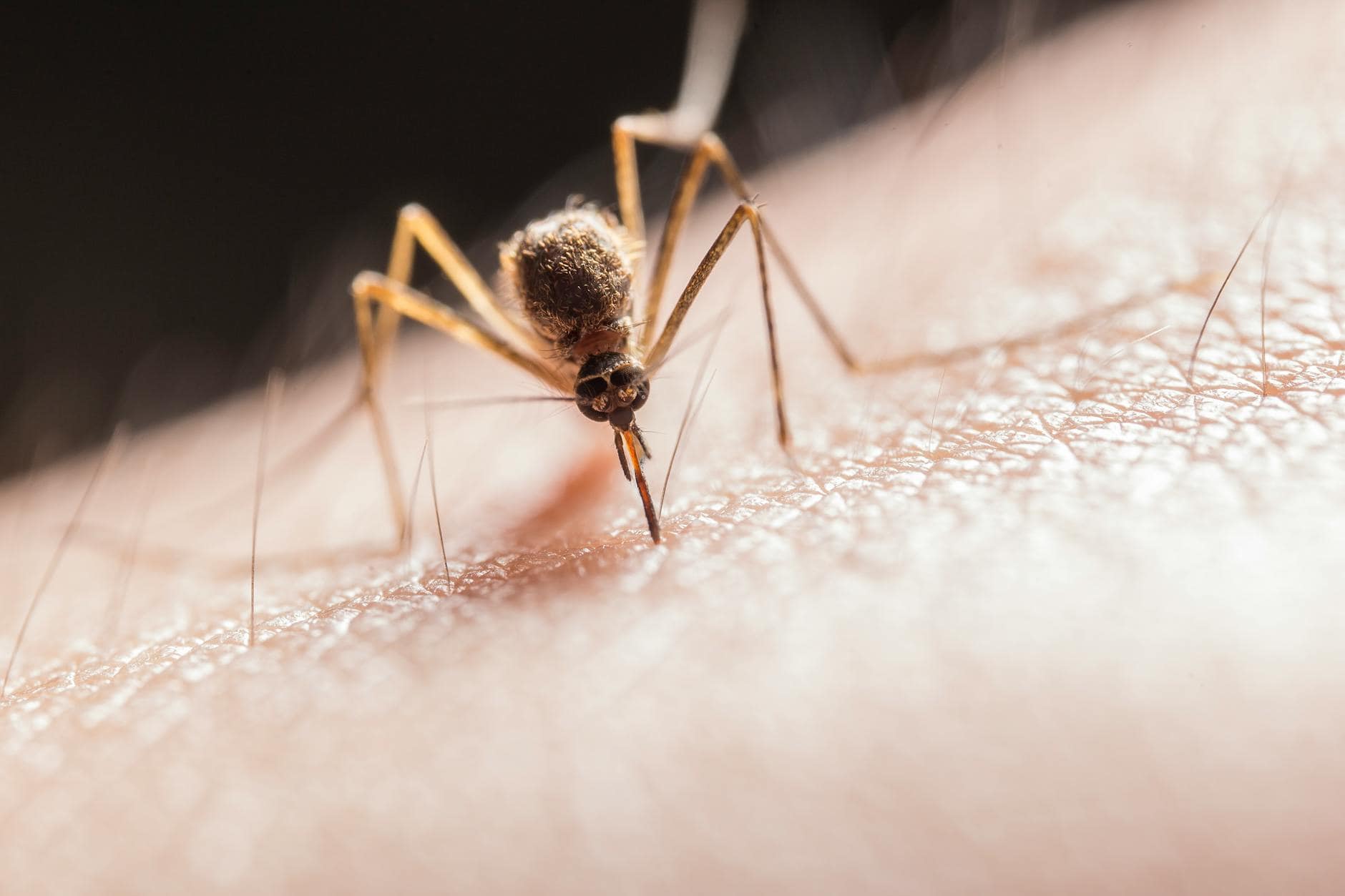Cases of West Nile virus are climbing in Italy. Since the start of the year, 173 infections have been confirmed, 84 of them in the past week alone, according to national health authorities. The Lazio region, which includes Rome, has been the hardest hit, accounting for 104 cases this year.
Eleven deaths have been reported in Italy so far this year: one in Piedmont, four in Lazio and six in Campania. The case fatality rate among patients with the neuroinvasive form of the virus stands at 15%—lower than in 2018 (20%) but slightly higher than in 2024 (14%).
Switzerland, by contrast, has recorded no human infections in 2025. The current risk is very low, Giorgio Merlani, cantonal doctor for Ticino told SRF. Infected mosquitoes have been detected in recent years, he says, but no locally acquired human cases have occurred. The Federal Office of Public Health (FOPH) echoes this assessment, calling the probability of local transmission very low – see FOPH information on the virus.
Most people infected with West Nile virus experience no symptoms. Around 80% do not even notice they are infected. Of those who do, about one in five develop flu-like symptoms such as fever or headaches. Fewer than 1% suffer severe neurological complications, which can be fatal, especially among the elderly or those with weakened immune systems. Unfortunately, there is no specific treatment and doctors can only manage symptoms.
The virus circulates mainly between birds and mosquitoes. Infected mosquitoes can transmit the virus to other birds—and, occasionally, to humans or horses. Human-to-human transmission does not occur.
Switzerland has been monitoring the virus since 2010. In Ticino, mosquitoes are regularly trapped, identified and tested in laboratories operated in partnership with the University of Applied Sciences and Arts of Southern Switzerland (SUPSI). Infected mosquitoes were found in Mendrisiotto in both 2022 and 2023, though none were detected in 2024. So far in 2025, a single infected mosquito has been found near the border.
Human infections in Switzerland must be officially reported. Since 2006, laboratories have been required to report positive cases within 24 hours. However, just six infections have been reported in Switzerland, all among travellers returning from abroad—typically from countries such as Croatia, Spain or Turkey.
For more stories like this on Switzerland follow us on Facebook and Twitter.

